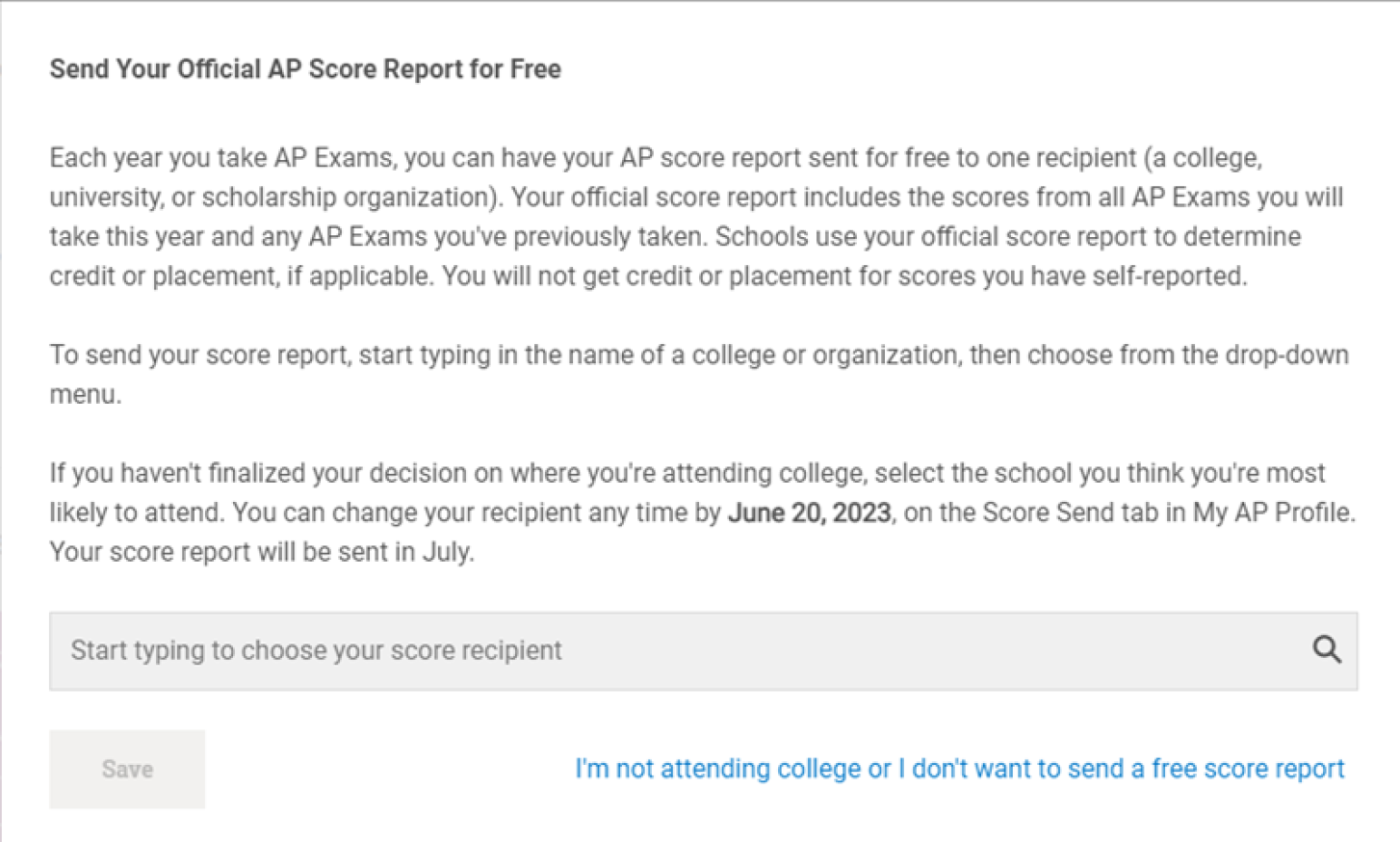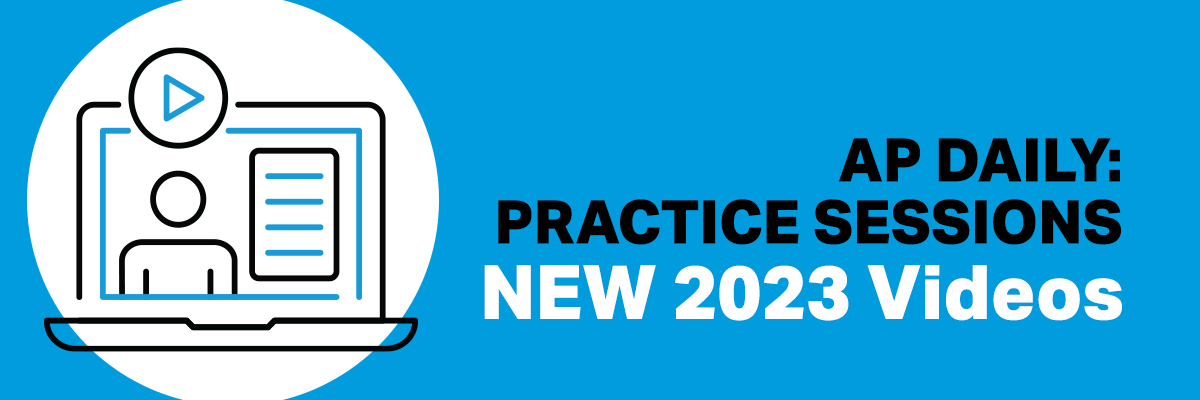-
Final Review Session tough topicsUnit 1:- What is statistical significance? How is it measured?- What is a type 1 error? Type 2 error?- How do you determine the validity of a measure of a construct?Unit 2:- Name the 8 neurotransmitters- Explain vision from sensation to perception- Explain olfactiom from sensation to perception- Explain epigeneticsUnit 3:-Explain inattentional blindness-Describe the difference between trichromatic theory of visual perception vs opponent process theory-Explain gate-control theory of pain perceptionUnit 4:- Explain how extinction occurs in classical conditioning- Explain the difference between primary and secondary reinforcers- What did Garcia and Rescorla disover about learning?Unit 5:- semantic vs episodic memory- What is encoding specificity mean?- Proactive vs retroactive interference in retrieval of information- What is linguistic determinism?- Name 3 theories of intelligenceUnit 6- Explain the impact of teratogens on epigenetics- Explain the difference between Vtgotsky and Piaget's ideas on human development- Explain Ainsworth's work on attachment and development- Which research design is best to understand human development?Unit 7- Explain Yerkes-Dodson law- Explain the ventro-medial and lateral hypothalamus purposes and the hormones they work with- How does the reward center work in the brain? What are the parts?- Who is right on emotion? Zajonc, James-Lange or LeDoux?- Explain 3 different personality theoriesUnit 8- Explain the difference between OCD vs OCD personality disorder- Explain the brain chemistry of schizophrenia- Explain the difference between a somatoform disorder and a conversion disorder- Explain how CBT or REBT can be used to treat mental illness- Explain when to use a token economy to treat mental illnessUnit 9- What is the fundamental attribution error?- What is the difference between informational social influence and normative social influence?- Explain the norms that drive altruistic behaviorJust fyi for those students asking about being counted absent if they leave or do not come in until their AP exam... students that take their AP exams will be counted present for the entire day (if they choose to leave after their exam, or not come to school until their exam starts).Please communicate this to them and remind them that if they have an 8:00 exam they will need to bring in the parent permission form to leave prior to May 1.
On Exam Day, 2 May 2023 at 1200, this is where you report to take the exam
Mobile Unit 3 Andrade Briana Bargett Harrison Barrientos Victor Byangu Sandra Cereceedo Perez Alan Davis Sencere Del Angel-Garcia Ruby Do Lily Frazier Mya Fajtek Lia Hafeez Hibah Hartsell Madison Higgs Tadasia Hodzic Anis Htun May Jones Tara Latham Noah Levesque Jolene Milby Cody Mvutu Hannah Orren Elijah Paysor Mary Peralta Julian Redmon Kendal Mobile Unit 2 Roberts Zamir Roditti Piero Saina Dominick Smith Morgan Souare Hani Stockton Samuel Velguri Vijay Wells Hannah Wheatley Aubrey Wheeler Zi'Kei Whipple Annabelle Wright Allie With AP® Exams just around the corner, encourage your AP teachers and students to take advantage of AP Daily: Practice Sessions—a new video resource designed to help students review course content and practice applying what they’ve learned throughout the school year.
These sessions will be available in just a few days:• April 17: Video sessions 1–4 available
• April 24: Video sessions 5–8 available
AP Daily: Practice Sessions focus on providing students with practice on free-response and multiple-choice questions, with the aim of helping them get familiar with the types of questions they’ll see on exam day.
Every video will be approximately 15 minutes long and be released in AP Classroom and on YouTube. Share the complete session schedule (.pdf/89 KB) with your AP teachers and students.
All videos will remain accessible through the AP Exam administration so that students can watch at times that work best for them.Learn More Thank you for all you do to support your AP teachers and students.
Sincerely,
Advanced Placement ProgramUnit
Exam Weighting (Multiple-Choice Section)
Unit 1: Scientific Foundations of Psychology
10%–14%
Unit 2: Biological Bases of Behavior
8%–10%
Unit 3: Sensation and Perception
6%–8%
Unit 4: Learning
7%–9%
Unit 5: Cognitive Psychology
13%–17%
Unit 6: Developmental Psychology
7%–9%
Unit 7: Motivation, Emotion, and Personality
11%–15%
Unit 8: Clinical Psychology
12%–16%
Unit 9: Social Psychology
8%–10%
For the 4 Apr 2023 Study Session
A researcher was interested in studying whether participants who were angry would become less angry if they had a chance to release their anger. At 10:00 in the morning, 6 students met individually with a confederate named Steve. They were each asked to write an essay, which Steve evaluated. He told each student, “This is the worst essay I ever read.” They were then asked to sit in a room quietly for 10 minutes. At 1:00 in the afternoon, a second group of 6 students each wrote an essay, and Steve once again said the essays were the worst he had ever read. This second group was then asked to punch a punching bag. After either sitting quietly or punching the punching bag, the students were given the opportunity to blast a horn when Steve entered the room. The researcher operationally defined anger as the length of time that the students blasted the horn. The researcher assumed students who were given an opportunity to punch the punching bag would be less likely to blast the horn in Steve’s presence. The table below indicates how long, in seconds, each subject blasted the horn when Steve was present. Assume all differences are significant.
Sat Quietly Punched Punching Bag 20 30 30 60 10 15 Part A
Identify each of the following in this study.
- Control group
- Confounding variable
- Independent variable
Part B
Explain how the concept of catharsis applies to this research study.
Explain whether or not the researcher's hypothesis was supported.
Describe how to correct one ethical flaw in this study.
Calculate the mean length of time the horn was blasted for the group that punched the punching bag.
Unit 7 - Motivation and Personality
Great review of theories of motivation and emotionLinks to an external site.
Great review of personality and all the associated theoriesLinks to an external site.
- Unit 7 Terms quizletLinks to an external site.
Unit 8 - Clinical Psychology
Clinical Psych quizletLinks to an external site.
Clinical Psych study guideLinks to an external site.
Unit 9 - Social Psychology
Social Psych quizletLinks to an external site.
Here are (Social Psych) resources Download study resourcesrorethat you can use Unit 9 topics)
Download can use to preparefor Soci

Your Students’ Free AP Score Sends
Dear Colleague,
We want to let you know about a change that’s coming to the experience your students have when accessing My AP® and AP Classroom. Starting on April 10, when students sign in to My AP, they’ll see a pop-up window prompting them to choose a college, university, or scholarship organization to receive their AP scores for free.
As a reminder, students get one free score send each year they take an AP Exam, and their score report will include their AP scores from this year and any previous years. Colleges and universities use official score reports to determine credit or placement, if applicable. Students have until June 20, 2023, to change their free score-send selection.
Their official score report will be sent in July, and it will include scores for the AP Exams that they take this year as well as any past AP Exam scores.
Sincerely,
Advanced Placement Program15/16 Mar 2023 Session
Learning: Research Question Practice:
A research consultant in a candy factory is developing exotic tasting jelly beans. He hypothesized that experiencing exotic flavors would increase liking for traditional candy flavors. First, he had participants come into the lab, one at a time, and allowed them to eat as many jelly beans as they wanted from a dish of 50 on the table. The flavors in the dish were cherry, tangerine, chocolate, lemon, and cotton candy. The next time they came into the lab, he mixed in new flavors that looked similar to the old ones but had unique flavors: rubber eraser, cough medicine, dirt, salt, pencil shavings. Finally, the same participants were brought in to the lab again to repeat the procedure from Time 1. The researcher kept track of how many jelly beans were consumed by each participant at each time, as shown in the table.
Time 1 Time 2 Time 3 Participant A 23 3 0 Participant B 19 2 0 Participant C 33 5 0 Participant D 20 1 0 Participant E 45 25 10 Part A: Apply each of the following concepts to the researcher’s experiment.
- Independent variable
- Dependent variable
- Outliers
- Taste aversion learning
Part B: Respond to each of the following.
- Calculate the mean jelly beans eaten at Time 1. Show your work.
- Explain how the researcher’s hypothesis was supported or not supported.
- Explain how the researcher can improve this study to make it experimental.
- We'll use topic questions from AP Central to go over concepts
Unit 4 Study Guide (Learning Theory)
Use this Unit 4 quizlet to review the terms
Use this study Guide Download Use this study Guideto support your remembering of Unit 5 (Cognition and Intelligence)
Study the terms from the two quizlet sets below
Unit 5 cognition terms quizletLinks to an external site.
Unit 5 intelligence terms quizletLinks to an external site.
Use this quizletLinks to an external site. set to review Unit 6 Info (Development)
Use this study guideLinks to an external site. to review Unit 6 ideas/concepts
Feb 2023 Session Info


Dear April,
Make sure your AP® teachers and students are aware of our new valuable resource as they prepare for AP Exam(s) this May. This new series can help AP students review course content and skills and practice what they’ve learned this year.
AP Daily: Practice Sessions is a new video series that focuses on practicing free-response questions and multiple-choice questions, with the aim of helping students do just that—practice!
Mark your calendar! AP Daily: Practice Sessions launch in mid-April. Two sets of video recordings will be released—the first set on April 17 and the second set on April 24. Additional details about this resource will follow in the weeks ahead.
Sincerely,
Advanced Placement Program15 Feb 2023
AP Psychology Study Session #1
What was a likely hypothesis of the study?
What is the independent variable from the study?
What is the dependent variable from the study?
What are the neurotransmitters associated with reward, happiness and pleasure?
What are the parts of the brain associatd with the "Reward Center"?
Watch this for for re-familiarizaton
Good Morning,Please communicate to your AP students the exam dates (AP Psych is 2 May 2023, 1200) . It is important that each student remembers that if they do not take the exam they will be responsible for paying for the exam and they will have to take a teacher made exam. Also, it is important that students do not schedule any vacations or events during these exam days. If a student already knows that have a conflict I need to be made aware immediatedly.Thanks so much!!April MonroeTesting Coordinator/ Administrative AssistantJay M Robinson High School704-260-6660
Select a School...
Select a School
- A T Allen Elementary
- Bethel Elementary
- Beverly Hills STEM Elementary
- C C Griffin STEM Middle
- Cabarrus Health Sciences Institute
- Cabarrus Virtual Academy
- CabCoGrads
- Carl A Furr Elementary
- CCS Opportunity School
- Central Cabarrus High
- Charles E Boger Elementary
- Coltrane-Webb STEM Elementary
- Concord High
- Concord Middle
- COVID 19
- Cox Mill Elementary
- Cox Mill High
- Early College High School
- Early College of Technology High
- Harris Road Middle
- Harrisburg Elementary
- Hickory Ridge Elementary
- Hickory Ridge High
- Hickory Ridge Middle
- J N Fries Middle
- Jay M Robinson High
- Mary Frances Wall Center
- Mount Pleasant Elementary
- Mount Pleasant High
- Mount Pleasant Middle
- Northwest Cabarrus High
- Northwest Cabarrus STEM Middle
- Patriots STEM Elementary
- Performance Learning Center
- Pitts School Road Elementary
- R Brown McAllister STEM Elementary
- Roberta Road Middle
- Rocky River Elementary
- Royal Oaks School of the Arts
- W M Irvin Elementary
- W R Odell Elementary
- W R Odell Primary
- Weddington Hills Elementary
- West Cabarrus High
- Winecoff Elementary
- Winkler Middle
- Wolf Meadow Elementary


